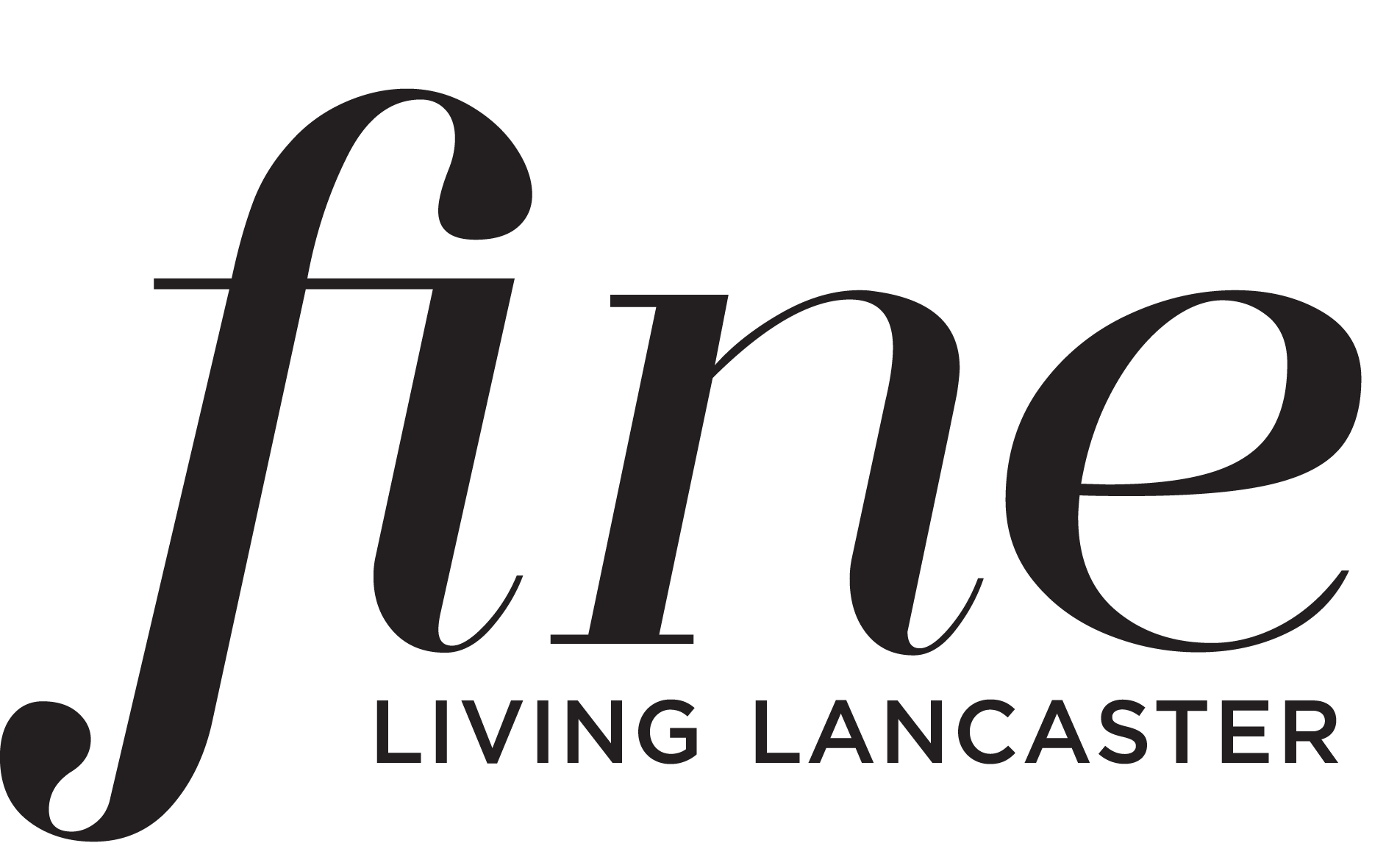An Interview with Lenisse Santiago
“Sometimes a change in perspective is all it takes to see the light.” —Dan Brown
There are caveats to this story that must be shared if honesty is our goal. First, this short magazine article will not satisfy your desire to know more about this young woman. Details and questions will sit on your brain, wanting for answers. Second, I have known Lenisse Santiago for a very long time—since she walked through my classroom door as a new 7th grade student. She latched on to me and absorbed everything I could possibly teach her like a dry sponge in a bucket of water. Third, my respect and admiration for her and her journey will not allow me to fulfill my journalistic responsibility of objectivity. Fourth, the lessons Lenisse has to teach all of us are wrapped in a spiritual journey that has been personal, difficult, and now digs deep into her being; but, she knows that her journey and relationship with a higher being is not the same as anyone else’s spiritual journey. And finally, she is early in her travels of this lifetime. There is so much more she will do to help us, because that is the real caveat—though I once was her teacher, she is now ours.
Her ‘Horatio Alger’ story is chock-full of events and people that would leave you feeling both shocked and bewildered as to how Lenisse was able to rise above; but rise above she did, and those personal details are hers to share in future books and TED Talks. What you should know is this: she graduated high school, was the first in her family to attend and graduate from college (she went to Millersville University), attended graduate school (again at MU) and earned an M.S. in Social Work. After graduation, she served two years in the Peace Corps in Costa Rica. Through all of this, she shares that she battled her family’s traditional expectations for a Latina woman like herself, her conservative Pentecostal Church’s gendered expectations, and her academic insecurity, based on language skills and economic barriers, which demanded her simultaneously juggling numerous part-time jobs with her full-time academic responsibilities. There has been nothing easy about her life, and her achievements are the results of that (now a bit overused) concept of grit and her laser focus on what she has considered important. And what is important to Lenisse? “The people who have blessed me, those relationships that have shaped my journey of Life.”
“You see,” she says, “Even the people who have taken advantage of me, who didn’t listen to me, or appear to be negative—they helped me inform who I am and the decisions I made. I appreciate them. I have listened and learned lessons I was supposed to learn.” She admits that she has always been a people pleaser and that that often created a conflict between what she wanted to do for her happiness and future success and what people expected her to do. She says, “I was not focusing on the real me. If my pastor set expectations of doing nothing a ‘normal’ teenager does—no movies, no wearing pants, no make-up, as natural as God made you—then I followed those rules. But I discovered a hard lesson for me to learn. Just because you look like a Christian, doesn’t mean you are one.” When she realized that hard truth, she walked away from that spiritual part of herself. She threw herself and her energies into her collegiate studies.
She admits the transition to college was harder than she expected. The workload was overwhelming and she felt like she was behind. She was worried about debt and plagued by her own insecurities of not being smart enough or that other students were better than her. These thoughts often consumed her. Instead of succumbing to the pressures, she sought out someone—a mentor—that could help guide her through this difficult time. She found this person in a Millersville University Professor, a woman Lenisse could see herself in, an educated and successful Latina woman. She says, “I prefer to have people in my life who are older, stronger women, who I can learn from, and then I say to myself, ‘If she can do it, so can I.’”
Lenisse had to leave the country to learn her most important lesson yet and to rekindle the most impactful relationship in her life. After earning her Master’s degree in Social Work, she travelled to Costa Rica by way of the Peace Corps. She says that she had expected to be welcomed and seen as a valuable asset to the community, but that while there, she instead encountered a hostility to her presence that she hadn’t expected. She was left in a foreign country, confused, facing hostile neighbors she was sent to help, suffering from bug bites, invading snakes, bats, frogs, and more wandering into her home, a lack of water, and certainly no internet or connection to family and friends at home. “I kept asking myself—I gave up everything to do what? I lost fifty pounds; I was emotionally and physically drained,” she says. She could have called the Corps and asked to be brought home early, but instead, she once again sought out and found a mentor. Lenisse’s mentor helped her find purpose in her commitment to the community she was there to serve, better health by introducing her to friends who provided her a cleaner and safer place to live, and a healthier reconnection to God and the Bible. “For the first time, I read passages about love, acceptance, forgiveness, and thankfulness,” she says. “Wearing earrings and lipstick does not condemn me. Those rules don’t matter. I am good enough. That was a major breakthrough.”
What is next for this incredible young woman? “As a social worker, I enjoy working with my families. Sometime soon, I am going to go back to school and get my doctorate,” she shares. She will be the first in her family to do so; in fact, because of her achievements thus far, extended family members are now encouraging all of their kids to attend school with the advice: Look, Lenisse did it! She continues, “I’m going to continue seeing God in every part of me—in my relationships, my work, everything.” She says she has also been freed because she has found self-acceptance because she knows God loves her just the way she is. “I’m not perfect, but he is going to work with me.” Where once she was told to see God as an inquisitor, now she sees him as a gift. Perspective.
Sometimes a change in perspective is all it takes to see the light. Sometimes only a mentor can change that perspective. Seek both the mentor and the light.
By Marian Pontz








